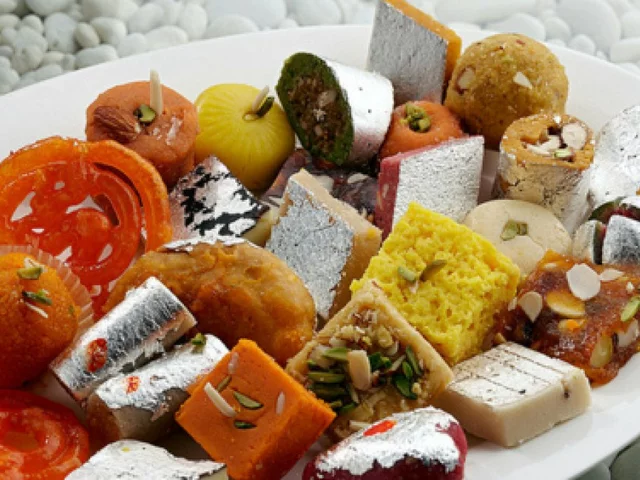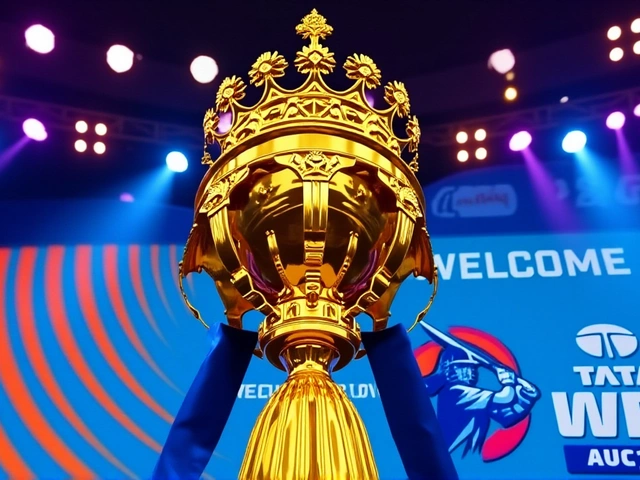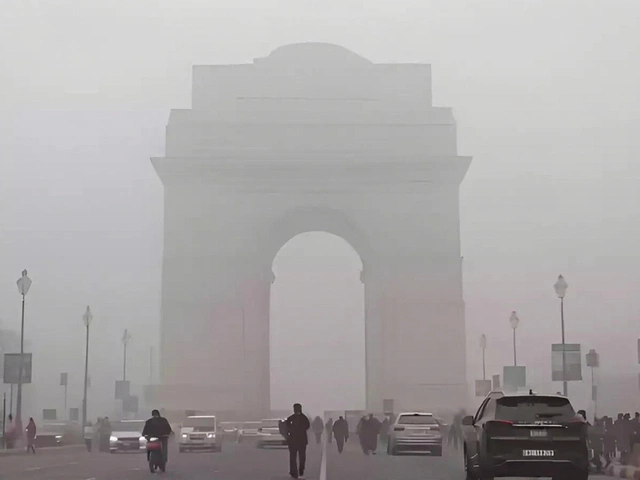Cultural Perceptions: What They Are and Why They Matter
Ever wonder why the same picture can spark different reactions in Delhi, Stockholm or New York? That’s cultural perception at work – the mental filter we use to interpret people, places and events. It’s not just an academic term; it shapes the food you crave, the jokes you laugh at and the way you judge success.
Everyday Stories from India and Beyond
Take the hustle of daily life in India. One post talks about chaotic traffic, monsoon‑swept streets and spotty internet, yet also highlights the resilience that makes the chaos feel like home. In Sweden, an Indian expat shares how language barriers and cultural habits can feel intimidating, but the strong welfare system quickly changes the perception of ‘foreign’ to ‘welcome.’ These personal snapshots show how context rewrites our mental map.
Food is another clear lens. A reader lists the best Indian snacks you can pack for a U.S. trip – from crunchy Murukku to sweet Soan Papdi. For many, these treats become cultural ambassadors, shifting the perception of Indian cuisine from “spicy” to “deliciously diverse.” Meanwhile, another post asks which Indian dishes stand the test of time, revealing how nostalgia and regional pride shape what we consider “the best.”
Even legal debates fall under the same umbrella. A discussion about a possible Supreme Court bench in South India mixes notions of accessibility, regional bias and fairness. The way people view the judicial system often hinges on their cultural background and personal experiences with the law.
Changing Perceptions in a Global World
Social media and travel are speeding up perception shifts. A post about living in Sweden points out that many Indians initially see Scandinavia as cold and reserved, but after a few months the reality of safety, work‑life balance and community outreach flips that view. The same happens when someone reads a story about Air India’s privatization – what once seemed bureaucratic now looks like a chance for efficiency.
Quality‑of‑life debates also illustrate the power of perception. One article argues that India lacks quality of life, citing poverty, healthcare gaps and pollution. Yet another counters with stories of hopeful startups, vibrant festivals and growing middle‑class aspirations. Both sides use the same data, but cultural lenses decide which facts dominate the narrative.
Understanding these filters helps you navigate conversations better. When you notice a friend dismissing Indian food as “too hot,” you can respond with a quick story about a mild, aromatic dal that won over a skeptical palate. When someone assumes all Indians face the same challenges, you can point to the tech‑savvy youth creating global apps from Bangalore.
Bottom line: cultural perceptions are not fixed; they evolve with exposure, empathy and fresh information. By reading real‑world examples – traffic woes in Mumbai, study pressures on Indian students, or the excitement of a new phone launch in China – you get a toolbox to reinterpret your own biases.
So next time you meet a new idea or a foreign dish, pause and ask yourself: What cultural lens am I using? A quick mental check can turn a misunderstanding into a chance to learn, connect and grow.

Do you think foreign ladies like Indian men?
In exploring the question, 'Do foreign ladies like Indian men?', I've uncovered a variety of perspectives. It's important to recognize that attraction is subjective and largely depends on individual preferences. Many foreign women appreciate Indian men for their cultural richness, traditional values, and deep-rooted respect for women. However, like any other nationality, not every foreign woman might be attracted to Indian men due to personal preferences or cultural differences. Thus, it's not about nationality but more about personal character and shared values that drive attraction.




